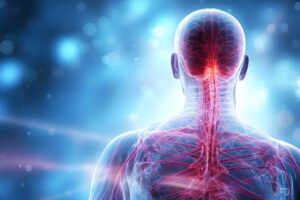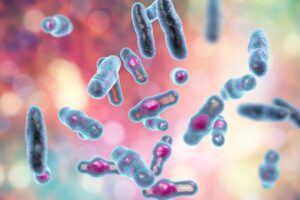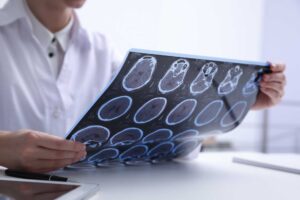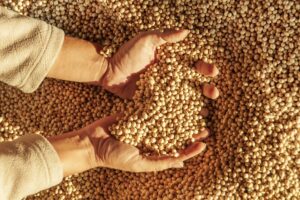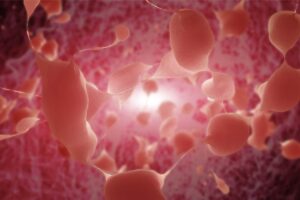multiple sclerosis
Video
At the 13th Probiotics, Prebiotics and New Foods Congress, Silvia Turroni (University of Bologna) shares insights from the session “The Microbiome and One Health,” which explored how the microbiota bridges…
Neuroscience
Modifying the microbiota could influence multiple sclerosis progression and provide new therapeutic targets.
Neuroscience, Gastroenterology
Gut microbiota-produced bile acids can be used as therapeutic targets for multiple sclerosis.
Scientific research
The findings suggest that bHB could be a therapeutic alternative to a ketogenic diet. The results also highlight the protective role of the gut microbiota and its metabolites in autoimmune…
Industry, Neuroscience
A significant milestone for both microbiome research and neurodegenerative diseases.
Gastroenterology, Neuroscience
ETX-producing C. perfringens strains are biologically plausible pathogens in MS that trigger inflammatory demyelination.
Industry, Video
Shahram Lavasani, Founder & CEO at ImmuneBiotech AB, spoke about how the research in gut-brain axes could pave the way to new microbiome based therapies in neurodegenerative diseases.
Gastroenterology, Neuroscience
The findings of a new research shed light on the mechanisms by which gut bacteria influence the development and progression of multiple sclerosis.
Neuroscience, Nutrition
An isoflavone diet enables the proliferation of specific gut bacteria that can improve multiple scleroris disease outcomes.
Neuroscience
IL-17 molecules from the gut can influence autoimmune diseases in the central nervous system by regulating the gut microbiota.

